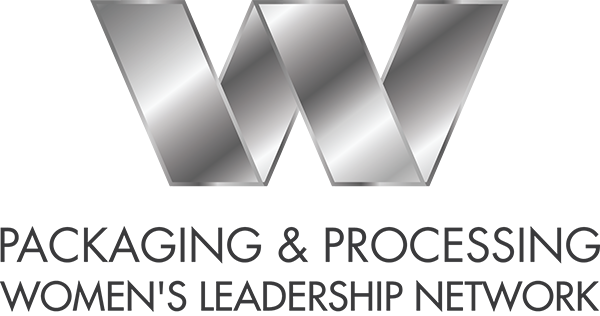Voices from the PPWLN Executive Council: Lisa Hunt
Voices from the PPWLN Executive Council: Lisa Hunt
Lisa Hunt
CEO, Plexpack Corp.

What led you to pursue a career in this industry?
Did not pursue in this industry per se. Didn’t look at manufacturing as a viable option or even was aware of it as an option. Started with more creative endeavors and ended up in marketing. Got this start as marketing and sales assistant. Then saw the opportunities unfold.
What is an example of a professional challenge you faced, and how did you overcome it?
Getting the chance to prove myself; getting past the assumptions and break through the "boys network".
What is one piece of advice you’d offer a woman entering this industry, or what do you know now that you wish you knew when you were younger and just starting out?
There are opportunities to grow and learn and develop that are not clear or made available to women at the start. There are a multitude of jobs; not only engineering, but also finance, marketing and all that entails, sales, ergonomics, sustainability, skilled trades, administration – all of these in a B2B environment, all these with levels of achievement. Girls don’t know what exists here unless they are specifically exposed to it. There are creative jobs, social jobs, digital jobs, accounting jobs, supports roles along with more technical engineering /automation etc. Also, these companies have degrees of sophistication. You can start at smaller manufacturing companies that allow for greater breadth of exposure… there are highly advanced manufacturing facilities not at all like job shops.
What do you enjoy most about your career?
Being a facilitator to improvement in team dynamics, process improvement, building strategies, and fulfilling goals. Excited about bringing together strong groups; driving new initiatives, to enter new markets.
How important do you think networking and/or mentorship is for women in our industry, and can you share a thought or learning from your experience?
Mentorship is key – we need to see more women in positions of leadership and authority and responsibility, but also everyone across the industry in various positions. Mentorship from women is important certainly, but it is also important from men in the industry – to have genuine support of the growth of women and diversity into positions that can have influence. That’s how we get past the first rung.
How do you balance work/life?
Work/life balance in my view is somewhat of a misnomer. Sacrifice and dedication are required to achieve leadership levels. There are times when I have had to choose where the “balance” of my time or attention goes, to work or to home life. And that’s OK. You can’t do it all, all the time. We do offer, as a company to our employees, flex time, PTO programs, and work from home options where possible.
What qualities that tend to come naturally to women do you think translate well into leadership qualities?
I think women generally tend to be or demonstrate more introverted characteristics; not as immediately reactive, or aggressive. More contemplation. Better to handle multiple issues at any one period of time.
How do you – and/or your company – embrace diversity and inclusion?
We have about 55 employees in our plant and we speak a combined 25 languages; we have surpassed gender parity on our management/executive group; we encourage the hiring of skills from highly experience to new graduates.
How do you feel being a part of a (for now) male-dominated industry?
Any advice for leading in a male-dominated room? I used to be afraid. It is intimidating. Not as it used to be, but there were many family small/mid-sized companies (like mine) and so, hard to gain ground. Afraid to speak up for fear of looking foolish or uneducated or uninformed or inexperienced. Then I learned that wasn’t the case. If I really listened to what people were saying, I had lots to say. So I did. Then I started to be heard. Then I started to advance. Don’t allow yourself to be ignored.

